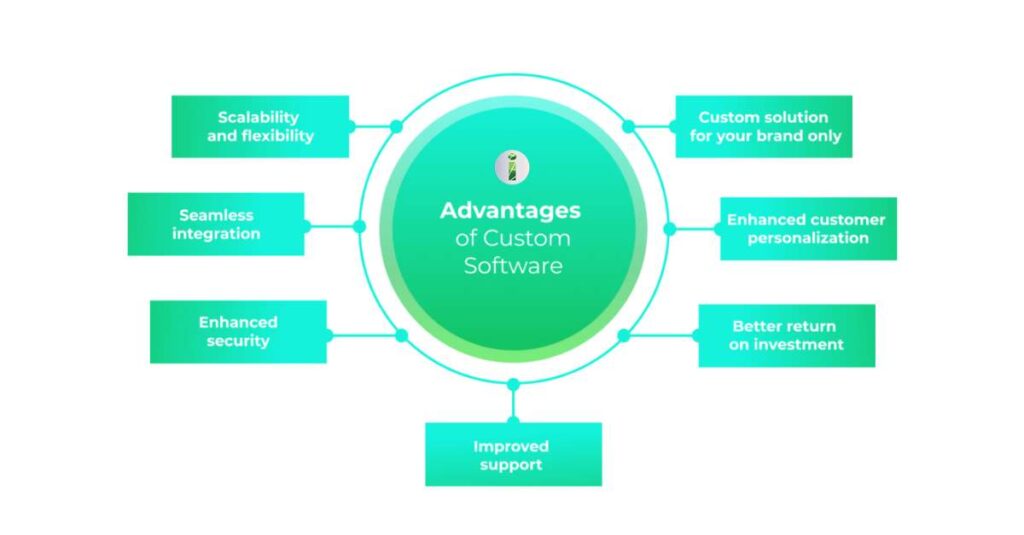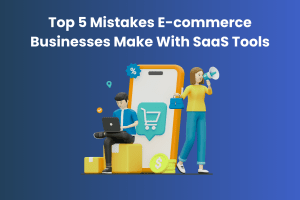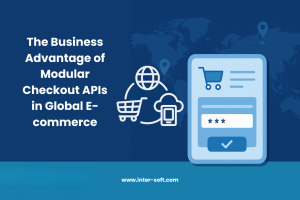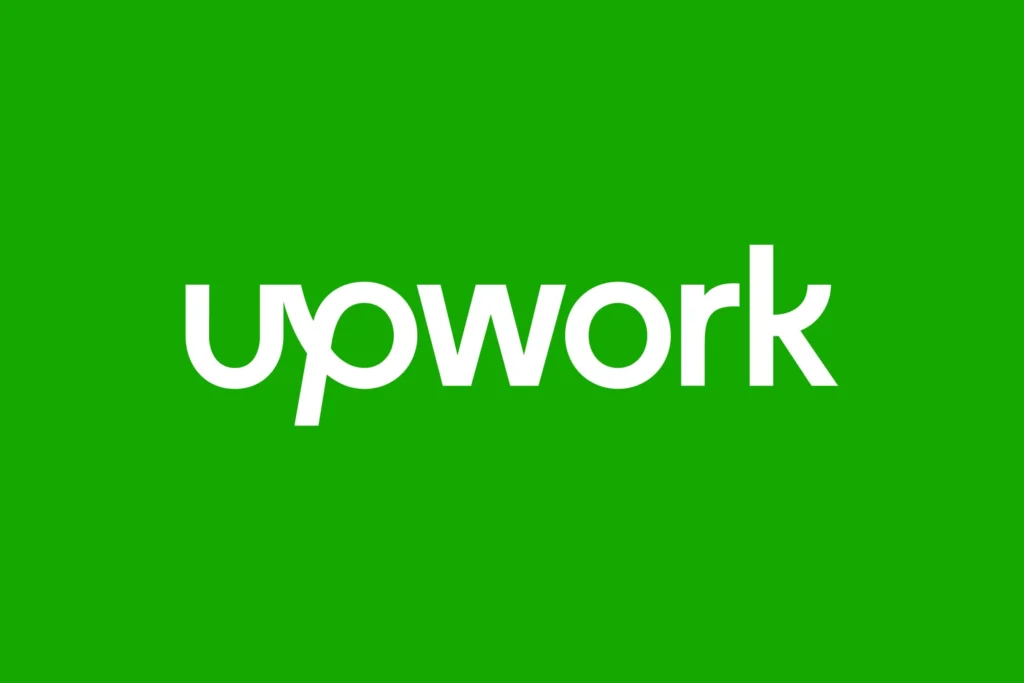Navigating the world of e-commerce can be a daunting task, especially when it comes to choosing the right software development approach for your online store. Whether you’re starting a new e-commerce venture or looking to revamp an existing one, making the right choice can make all the difference in the success and growth of your business.
In 2024, the e-commerce landscape continues to evolve rapidly, and businesses must be nimble and adaptable to stay ahead of the curve. As you explore software development options, it’s crucial to carefully evaluate the approaches that best align with your unique requirements and long-term goals.
Standardized vs. Custom Software Development
One of the primary decisions you’ll face is whether to opt for a standardized software development approach or a more customized solution. Standardized approaches, such as those offered by pre-designed templates or off-the-shelf e-commerce platforms, can be appealing due to their lower upfront costs and quicker implementation timelines.
However, these one-size-fits-all solutions may not fully address your specific business needs, potentially limiting your ability to differentiate your online store and stand out in a crowded market. Customers today expect a personalized, seamless experience, and a standardized approach may not always deliver the level of customization and functionality required to meet their evolving expectations.
On the other hand, a custom software development approach offers the opportunity to create a tailored solution that perfectly fits your e-commerce requirements. By working closely with a dedicated software development partner, you can define the exact features, user experience, and integration needs that are crucial for your business. This level of customization can help you develop a unique and compelling online presence, giving you a competitive edge in the market.
The Benefits of a Custom Software Development Approach

While a custom software development approach may require a higher initial investment, the long-term benefits can be substantial. By partnering with a software development team that understands the nuances of your industry and your specific business objectives, you can create a platform that:
Enhances the Customer Experience: A custom-built e-commerce platform allows you to prioritize the needs and preferences of your target customers, delivering a seamless and personalized shopping experience that keeps them engaged and coming back.
Streamlines Business Operations: Tailored software solutions can automate and optimize various aspects of your e-commerce operations, such as inventory management, order fulfillment, and reporting, improving efficiency and reducing overhead costs.
Fosters Scalability and Adaptability: As your business grows and evolves, a custom-built platform can easily accommodate changes, new features, and increased traffic, ensuring that your e-commerce solution remains relevant and impactful.
Strengthens Brand Identity: A custom-developed e-commerce platform can be designed to align with your brand’s visual identity, messaging, and overall positioning, reinforcing your unique value proposition and creating a cohesive brand experience for your customers.
Enables Data-Driven Decision Making: A custom-built platform can be equipped with robust data analytics and reporting capabilities, providing you with valuable insights to make informed, data-driven decisions that drive business growth.
Choosing the Right Software Development Partner
When selecting a software development partner for your e-commerce business, it’s essential to look beyond just the technical capabilities and consider factors such as industry expertise, communication, and long-term support.
Inter-soft Custom Software Developers
Seek out partners who have a proven track record of success in the e-commerce space, understand the unique challenges and opportunities within your industry, and can demonstrate a collaborative, transparent, and responsive approach to project delivery. Additionally, ensure that the partner you choose can provide ongoing maintenance, updates, and support to keep your e-commerce platform running smoothly and efficiently. Inter-Soft is a company that specializes in creating intelligent, tailored software solutions to meet the unique needs of each business. Leveraging the latest advancements in AI and machine learning, the company provides adaptable solutions that cater to a client’s current requirements and anticipated industry changes.
Amazon Custom Software
In addition to the general ecommerce software solutions we offer, Inter-Soft also specializes in developing custom Amazon integration software. As a leading provider of Sp-API (Selling Partner API) development services, we help ecommerce businesses optimize their operations and sales on the Amazon marketplace. Our custom Amazon software solutions enable seamless data exchange, automated inventory management, streamlined order fulfillment, and advanced analytics – all tailored to the unique requirements of each client. By leveraging the latest Amazon integrations and best practices, we empower our clients to maximize their success on the world’s largest ecommerce platform.
Conclusion
As an example of the custom software solutions Inter-Soft provides, their “Marketplace Analytics Tool, Data-Dash” offering empowers businesses, agencies, aggregators, and multi-marketplace channels with advanced data analytics tools. This solution delivers valuable insights into customer behavior, market trends, and operational efficiencies, enabling ecommerce companies to make informed decisions that drive business growth.
By carefully evaluating your software development options and partnering with the right provider, you can unlock the full potential of your e-commerce business and position it for sustained growth and success in the dynamic and ever-evolving digital landscape.








